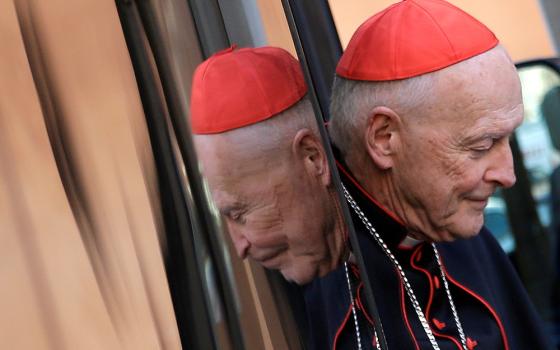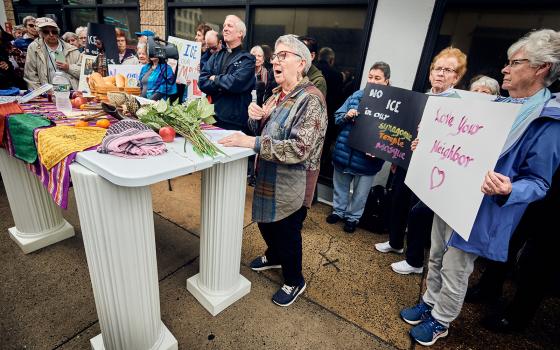Let's take a simplified example. A young woman finishes a long run and collapses in pain. Her brother senses emergency, carries her to the family car and starts for the hospital. Backing out of the driveway, however, he runs over the neighbor's cat, the very same feline he blames for ambushing his pet parakeet who'd flown out the window. He dashes to the hospital in time to save her life from a burst appendix and returns to the house to deal with the cat's remains.
Welcome to the law of double effect, a moral diagnostic tool better known in modern adaptation as a incidents of unintended consequences. The brother acted ethically by responding as he did to his sister but in the process did away with the neighbor's cat. The double effect concept says that if the principal act was ethically good, as it certainly was in this case, then the bad thing that happened as a consequence might diminish or negate that goodness if the actor clearly allowed or even aimed at that consequence. In other words, your good behavior can't be sound if you were aware that the consequence was highly possible or desirable. On the other hand, if the secondary effect wasn't intended or wanted but happened as a purely accidental result, the ethical validity of the principal act is upheld.
I thought of this worthy exercise when Catholic and evangelical acquaintances said they were voting for Trump basically because they believed his Supreme Count appointee would overturn Roe v. Wade. The rationale went like this: "God sometimes uses flawed people to achieve good ends." That was about it. I questioned some on whether that meant God wanted Trump elected in order to accomplish something for which he alone would be suited, and nobody would go that far. It brought up the age-old debate over Judas. Was he genetically engineered by the Almighty to serve the purpose of betrayal or did he happen along without being programmed? An awkward basis of comparison, to be sure, but it at least exposed the sticky subject of whether everything is God's will (at least the things we interpret so) and if that's the case are we supposed to go along with it to square the circle, as it were. Was Trump God's choice principally to outlaw abortion on the federal level?
If that were true, a vote for Trump (the signs by the door of the Catholic church across the street read "Please Vote for Life" -- a transparent plea for Trump it seemed to me) would be truly valid if consequences that would create suffering and death in other areas of our public life as the result of a Trump victory would either have to be ignored or explained away. If there were a high probability that health care will end for millions, that labor unions will be further crushed, that income extremes will widen, that schools for poor kids will be starved, that quality jobs for the unemployed won't significantly increase, even decrease, that women, blacks, gay and disabled people will face greater hardship, to mention just some of the major areas of vulnerability, and there is a reasonable assumption that this could immensely worsen the plight of poor people especially, how can that single-issue be justified without violating the church's own law of double effect. To turn a blind eye toward the wider implications of ethical principles as enshrined in Catholic Social Teaching seems hypocritical and illegitimate in purely Christian terms.
Abortion deserves attention in its own right, not a reason for overlooking the broader picture of the threats to human dignity.To vote in favor of ending abortion is a right; voting such in willful disregard of the welfare of so many of our fellow citizens reflects poorly on the formation of conscience.




